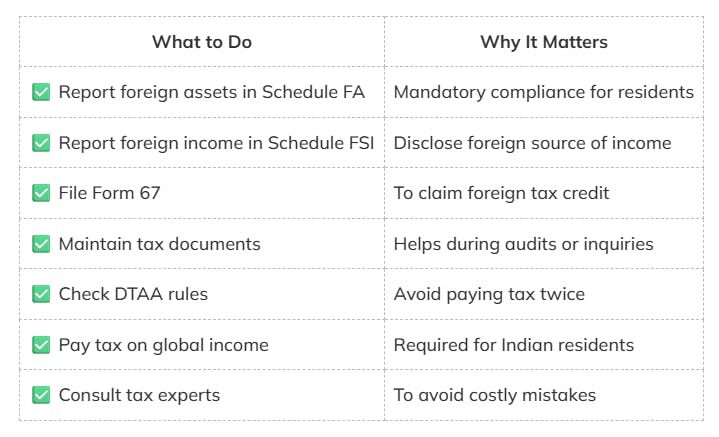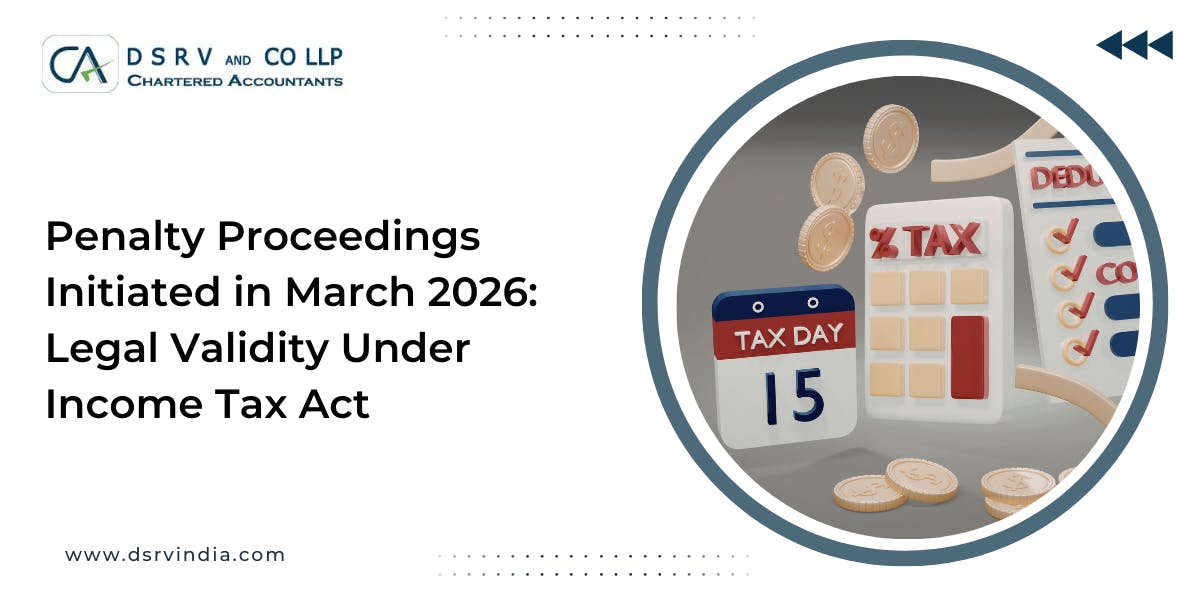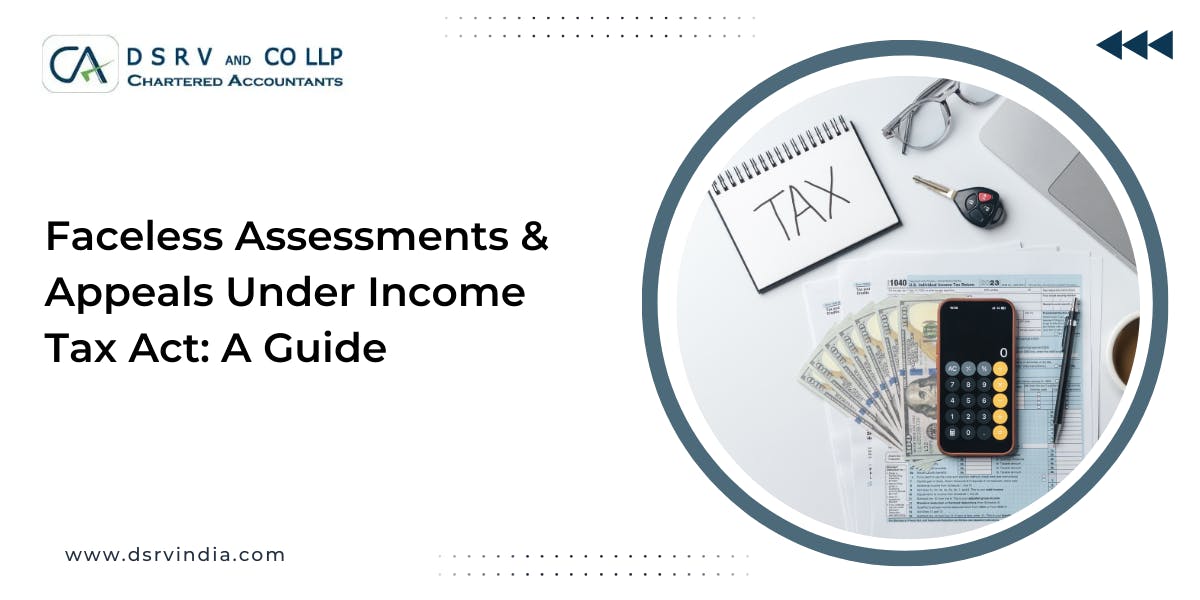Tax on Overseas Investments: What Indian Residents Need to Know [2025]
Thinking of investing abroad? Read this first! If you’re planning to put your money into global markets, getting advice from one of the leading chartered accountant firms in Gurgaon can save you from costly tax mistakes and help you make smarter investment decisions.







